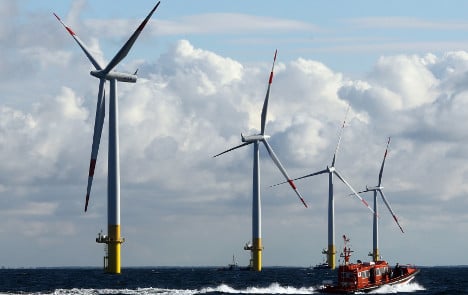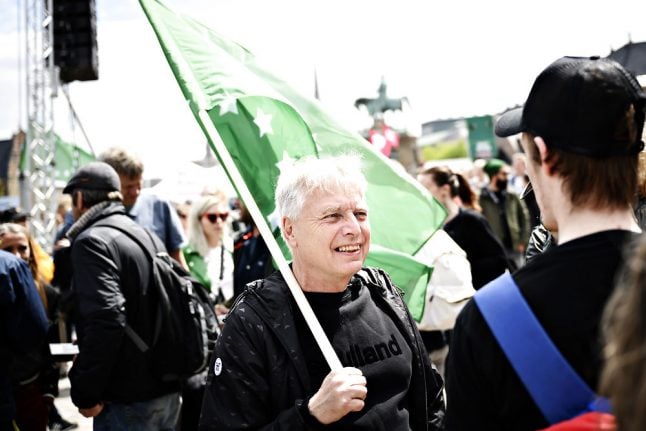Under the terms of the partnership, Mitsubishi will invest a total €576 million ($766 million) in four high-voltage cable projects, the two partners said in a joint statement.
The planned high-voltage cables, involving a total investment of €2.9 billion, will connect a number of offshore wind farms in the German North Sea to the onshore electricity grid and will have a combined total capacity of 2.8 gigawatt, the statement said.
That represents nearly 30 percent of the total volume that the German government is planning to be generated from offshore wind in the North Sea, the statement explained.
AFP/hc



 Please whitelist us to continue reading.
Please whitelist us to continue reading.
Member comments